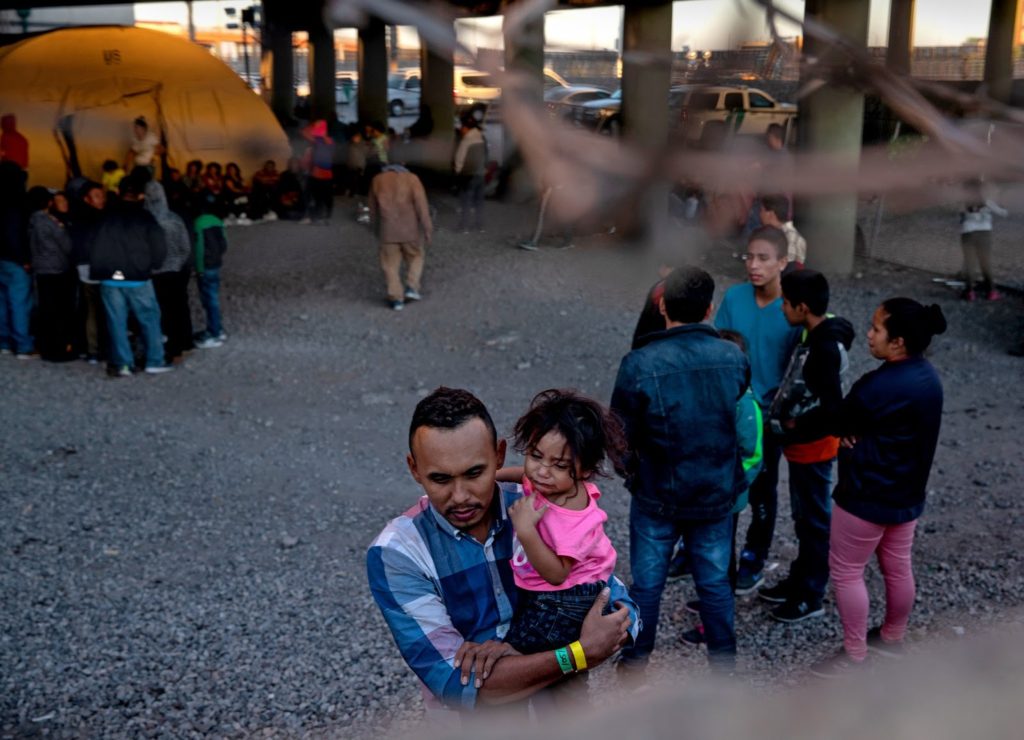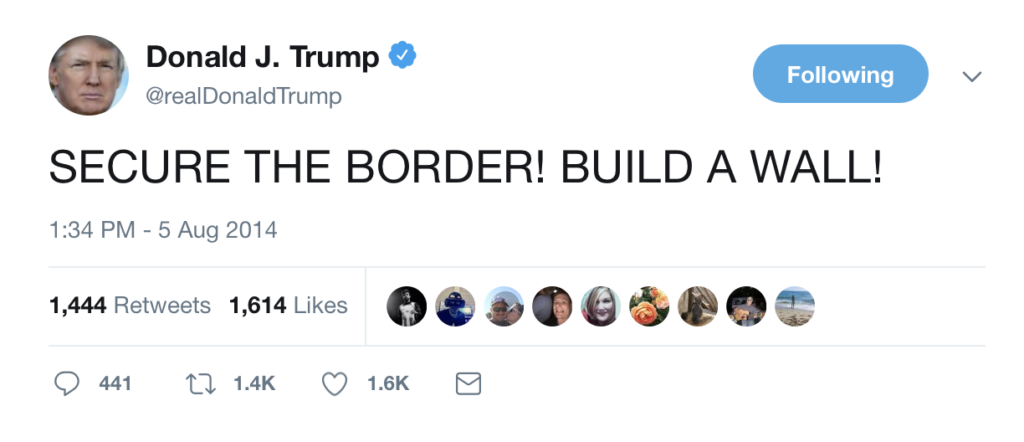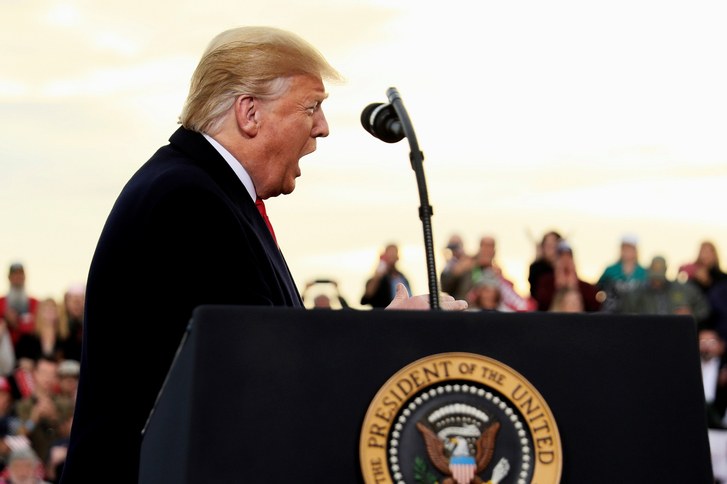
The American dream is still very much a phantom at the end of a long and arduous journey for many Latin Americans. What is usually a decision made in desperate times, with heavy hearts, and a sliver of hope, soon becomes a crushing reality. Most who leave and head towards the U.S. are prompted to seek not necessarily a better life, but rather, just a life. Yet, for many, that isn’t the case.
On August 5th, 2014, then presidential hopeful Donald Trump posted a Tweet, that many would consider an example of a loquacious persona coming to ludicrous assertions. Unfortunately, this mere example would later prove to be a major factor in his appeal to conservative America.

In the years that followed this Tweet and the subsequent rallies, claims of a wall’s necessity, and an alleged national emergency, the word itself causes some to cringe and some to swell with pride. Raised in North Carolina, with a father from El Progreso, Honduras and a mother from Quito, Ecuador, my claim to being American feels absurd to those with who I once shared song books during Sunday mass. My feelings on the matter, however, don’t matter. I’m interested in those who characterize me as the other, because as an American, and more importantly one of Honduran descent, I have to understand what is so worrying about people like me.
One of the most invigorating and exciting things for an American seems to be their patriotism. It is unsurprising then that the creation of a wall to many feels necessary in order to promote the general welfare of the nation. Donald Trump, along with many of his Republican colleagues, has continually intertwined the idea of the wall with the survival of the nation itself, especially with his declaration of a national emergency at the border. In a blunt manner only Trump could pull off, when questioned about the Senate vote to override his national emergency, he replied “It’s pure and simple: It’s a vote for border security; it’s a vote for no crime.”
A popular thing among proponents of the wall is that Mexico, and by extension Latin America , is a source of crime and violence. Therefore, in the name of domestic tranquility, it is only right to attempt to halt this flow of immigrants by the construction of a wall. However, it is important to see that these assertions fall very short of reality. The alleged crisis has not been a thing that merits a national emergency. Data from the US Customs and Border Protection agency shows that apprehensions on the US-Mexico border have fallen significantly since the early 2000’s, indicating that the largely inflammatory rhetoric of menacing Hispanic drug lords at the foot of Texas is simply that: inflammatory rhetoric. The Department of Homeland Security echoes this statistic; in a Border Security Metrics Support from May 2018, unlawful entries have decreased from over 800,000 in 2006, to just about 60,000 in 2018. On crime, Trump often pushes the rhetoric of illegal drugs entering our country, however the president fails to note that, while the southern border is the way of entry of the majority of the heroin in the U.S., the DEA reports it is smuggled mainly through legal ports of entry, not on the backs of families seeking asylum. Moreover, rates of crime, as found by the Cato Institute, seem to have no correlation with illegal or legal immigrants, further disproving the President’s claims. Perhaps the most damning assumption of immigrants, however, is that the supporters of the wall associate their ungrounded assertions and claims on the image of a sole Hispanic male. The U.S. Customs and Border Protection Agency again paints a different reality: the number of families seeking asylum and attempting crossings at the border have risen greatly and has surpassed single travelers over the years. If there is any crisis at all, it is a humanitarian crisis.
A wall seems miniscule compared to the trek to America’s southern border. With the majority of the immigrants seeking asylum, it begs the question: is a wall really the right approach? As a solution to crime and the immigration process, it is not. Solutions are found, not by strengthening the methods that have failed us in the past, but by attacking the problem at the root. Latin Americans want to come to this country, not for the thrill of jumping a wall or swimming a river after months of dangerous traveling, but rather to survive, to work, and to thrive. With the international media advertising the affluence of their northern neighbor, it is only natural to want to emigrate there when faced with broken immigration system, dangerously high levels of poverty, crime, subpar education, and lack of adequate resources to live comfortably in their home countries.
We all want a secure border, this is clear. However, if one really wanted to stop illegal immigration, these aforementioned incentives should be dealt with before the first brick of any wall is laid down. Cutting the up to a decade-long waiting periods, eliminating unfair lottery systems, and reforming certain quotas would go far in instilling patience and removing the prerogative of immigrants to cross illegally when deciding to leave for the U.S. In addition, instead of ignoring problems–ones which the United States has had part in creating–the administration should look towards ways to help stabilize regions in Central America.
A wall doesn’t fix the problems that cause Latin Americans from a plethora of nations to leave the homes of their ancestors, and it doesn’t stop the suffering of families running from danger and poverty. Thus, it shouldn’t be about the wall. It should be about the family looking to survive, the member of a marginalized community seeking freedom, the man or woman looking for a living, and the child looking for a place to learn and grow.
René Castellanos



